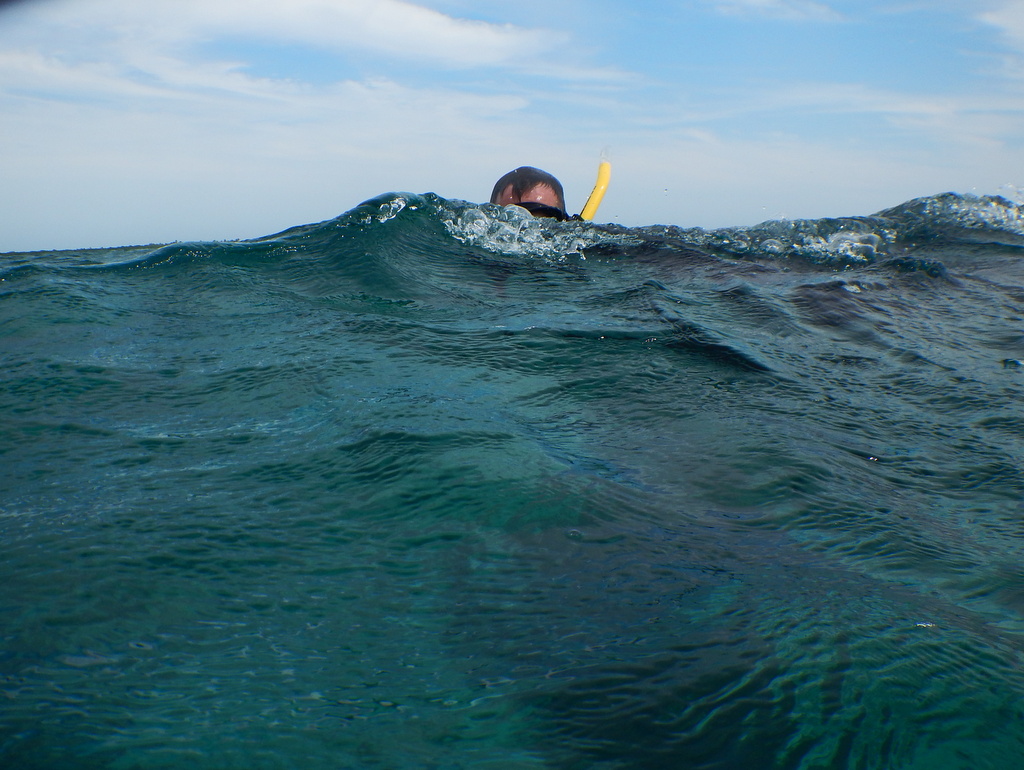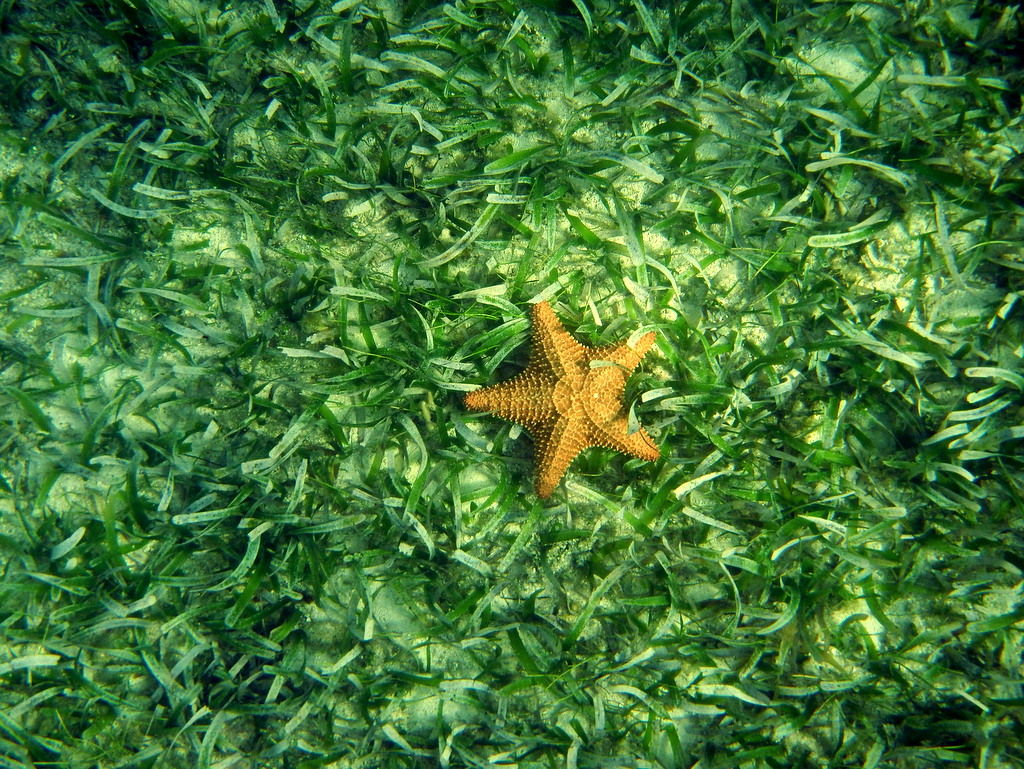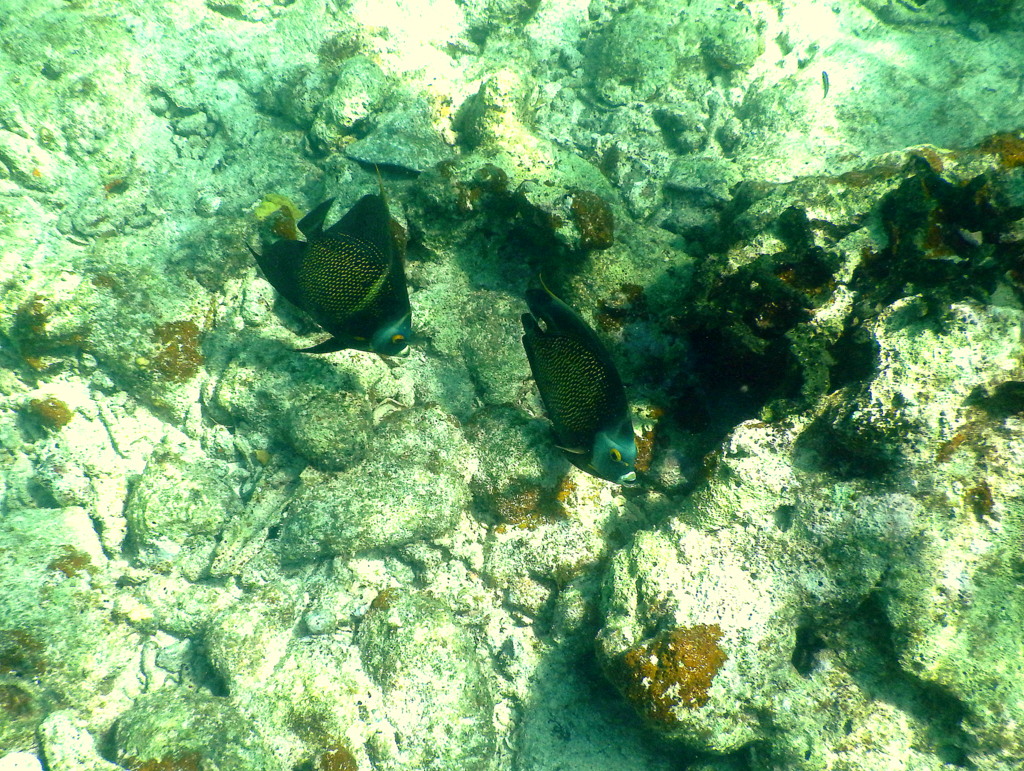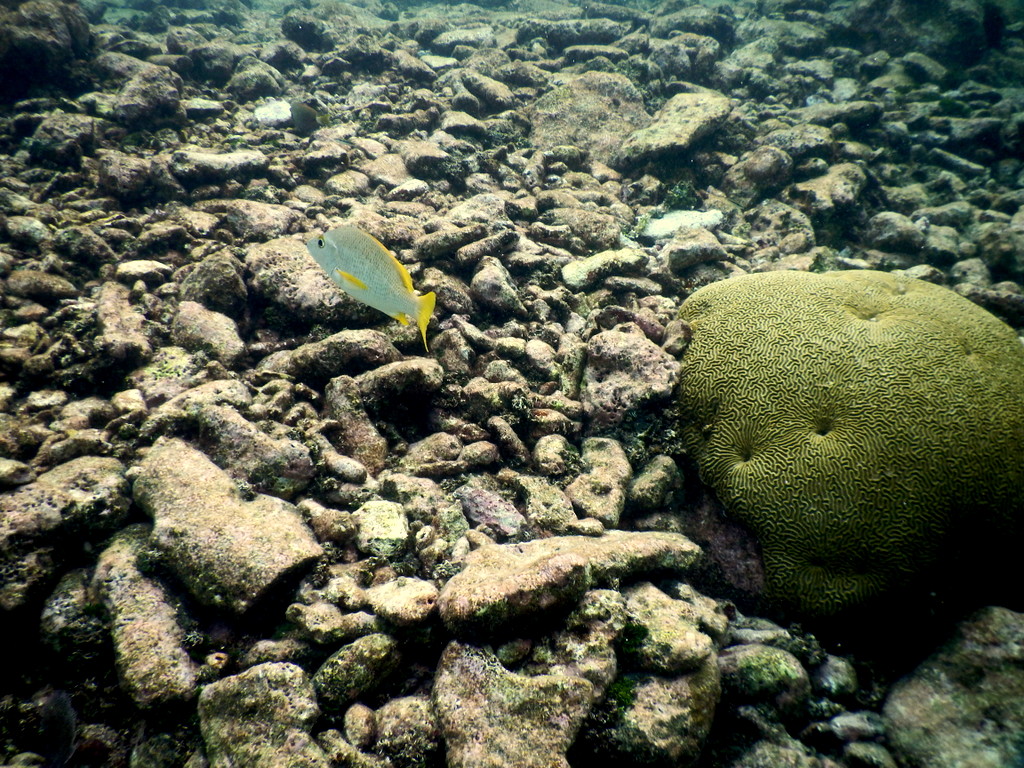
Healthy coral at the Blue Hole in Lighthouse Reef Atoll off the coast of Belize. Photo by Justin Catanoso
This represents my first ocean-related climate change story, based on reporting in early March 2016 some 50 miles off the coast of Belize. Invited by my friend and mentor Miles Silman, a Wake Forest tropical ecologist, I joined his coral ecology students over Spring Break and snorkeled every day. My story for Mongabay.com is here. Summary by my editor Glenn Scherer:
- Lighthouse Reef Atoll in Belize is part of the Caribbean Sea’s Mesoamerican reef system, the world’s second largest. It is stubbornly resilient, and one of the last best places in the western Atlantic in need of total preservation. But virtually no action is happening to conserve it.
- To save it, the entire reef needs to be a “no take zone,” allowing minimal livelihood fishing by local families, but banning the Guatemalan fishermen who the government of Belize has licensed to legally fish for sharks — exported for shark fin soup to China, at $100 per bowl.
- The only thing that can save this World Heritage site is full protection: a ban on all large-scale commercial fishing, and the encouragement of eco-tourism to support the local people economically and to generate the funds needed for enforcement and high-tech monitoring.
- Belize cannot, and will not likely, do the job alone. If this aquatic treasure is to be preserved for the future, the international conservation community will need to awake to its likely loss, and rally vigorously to the cause of permanently protecting it — now, before it is gone.




